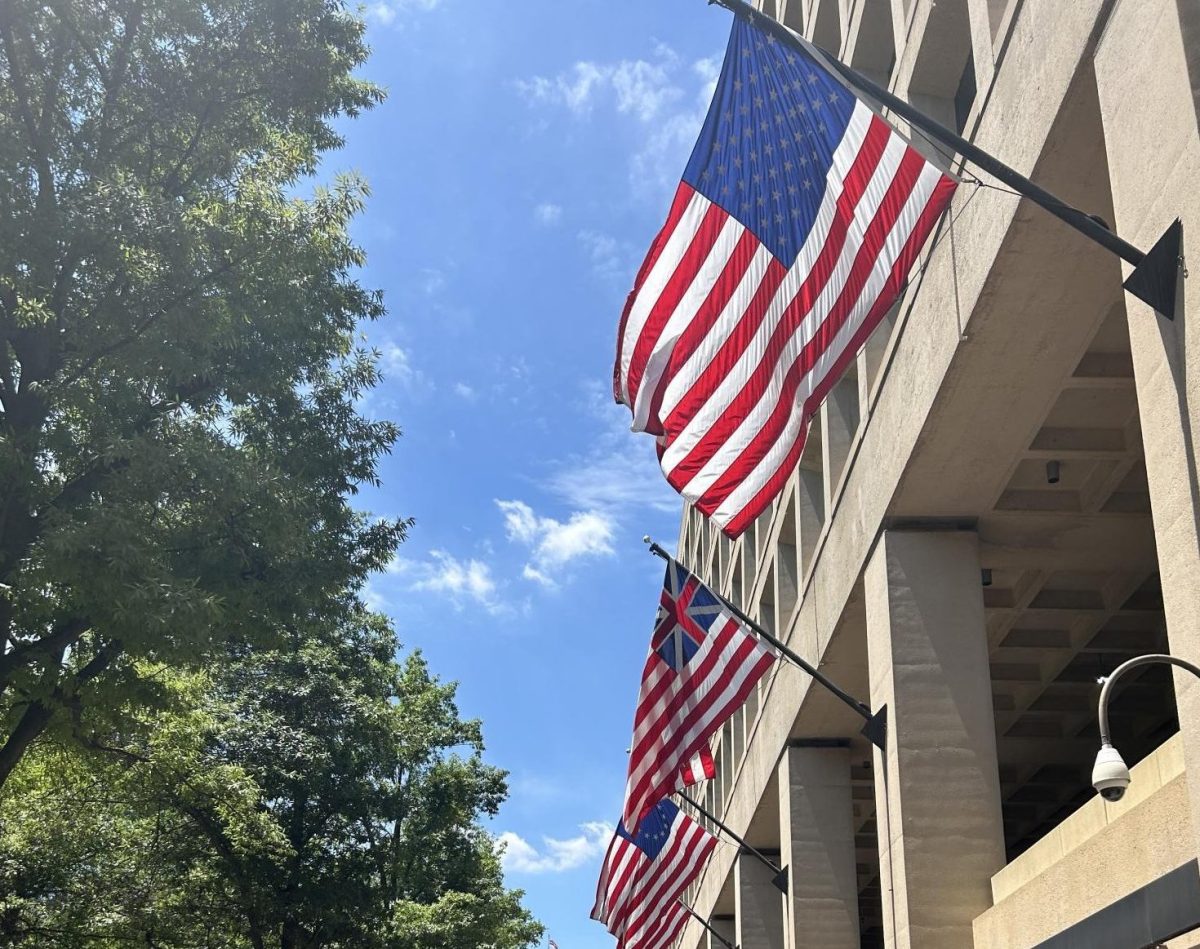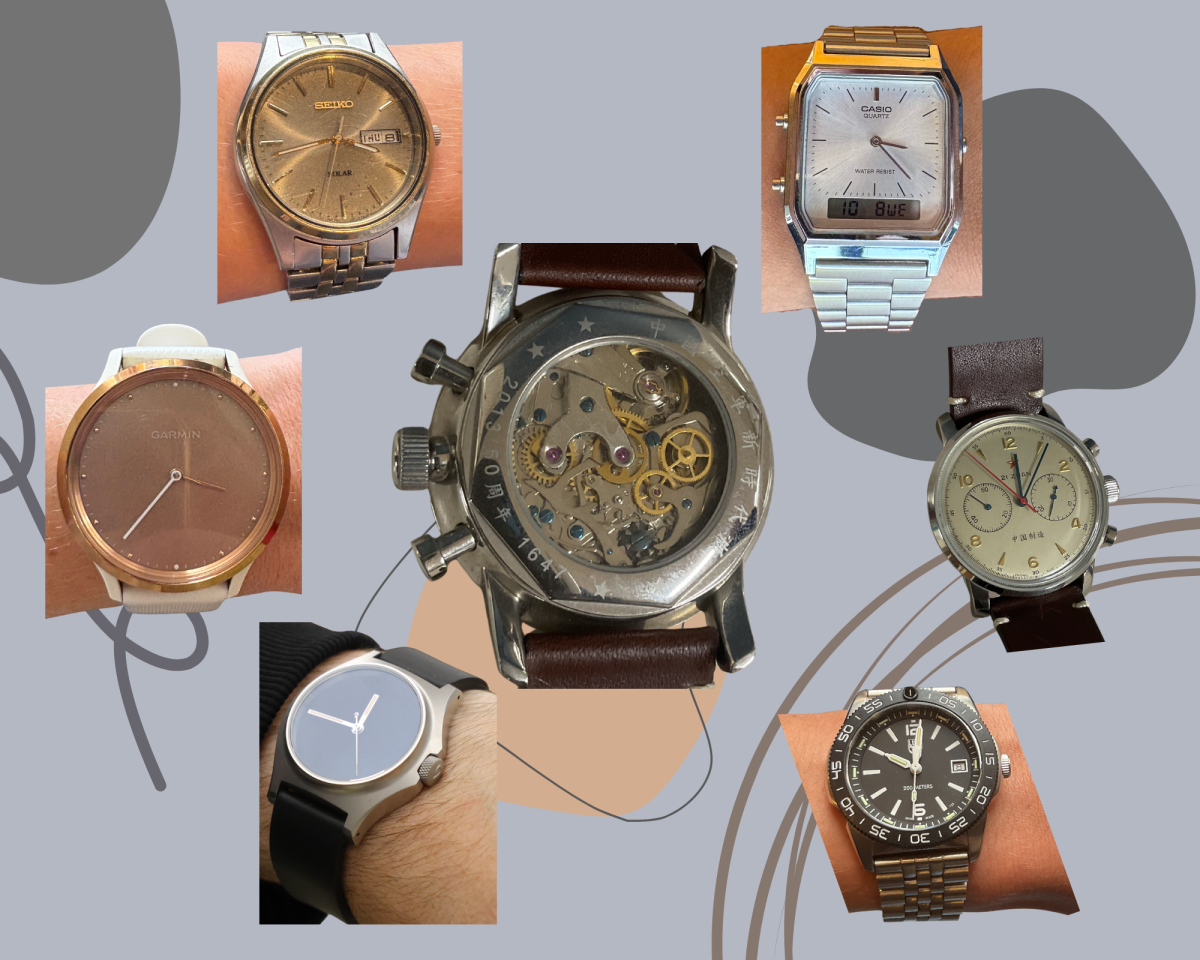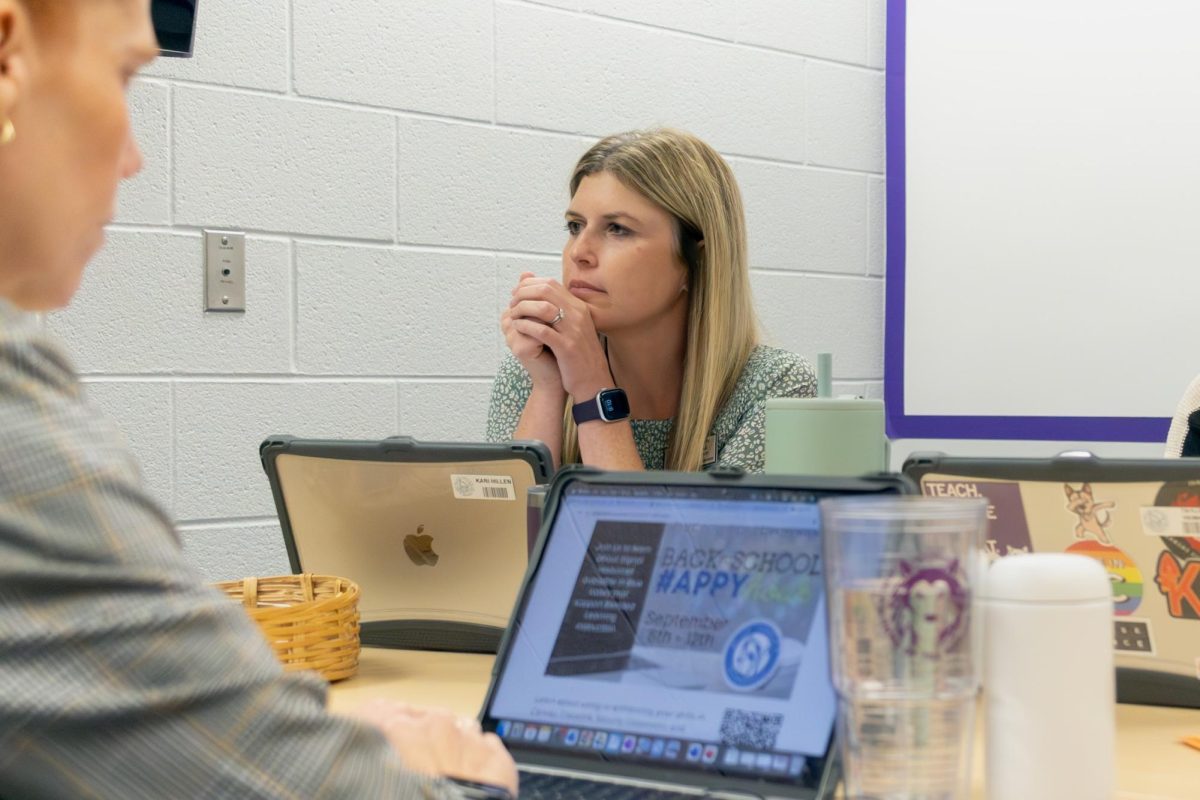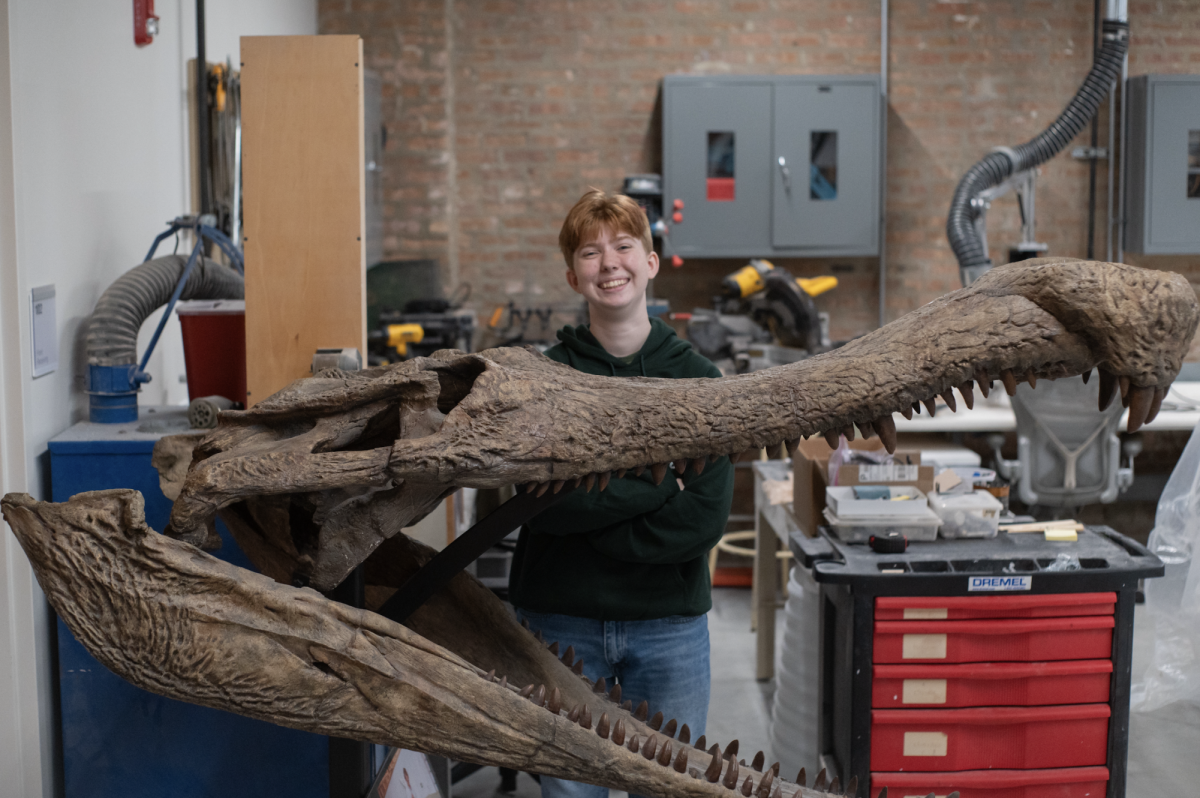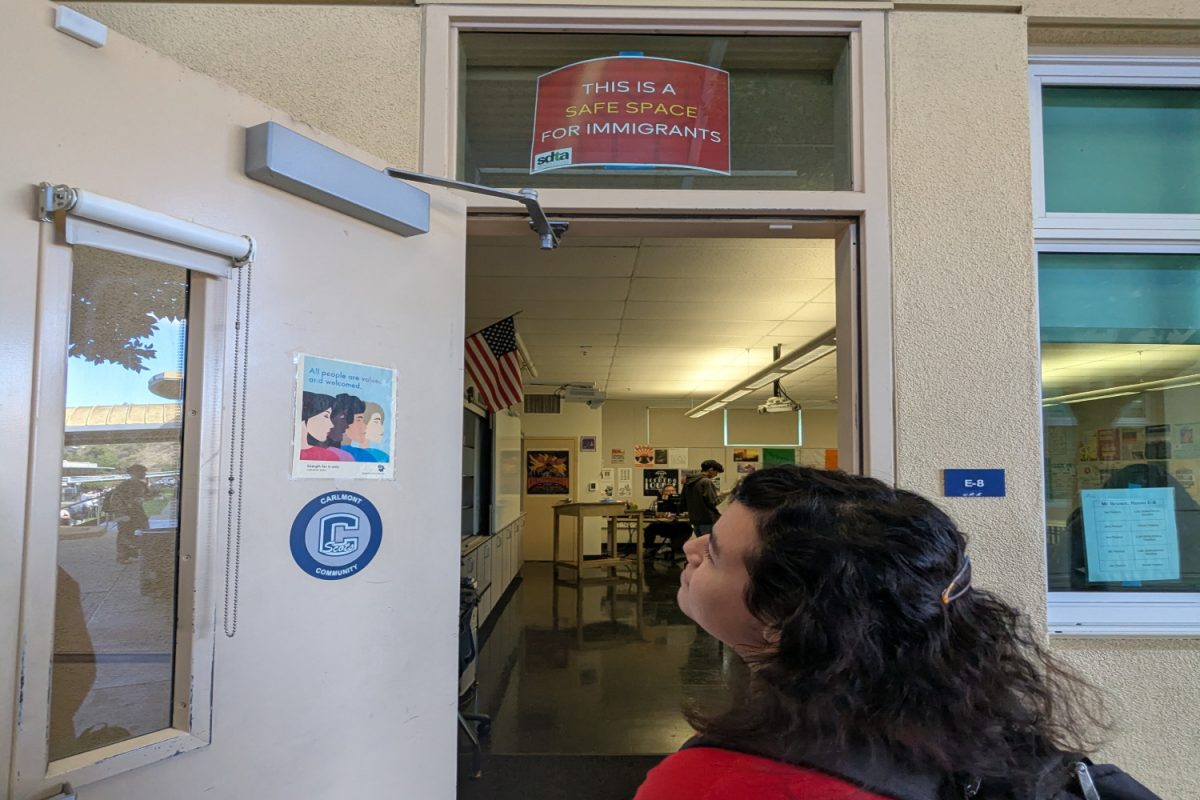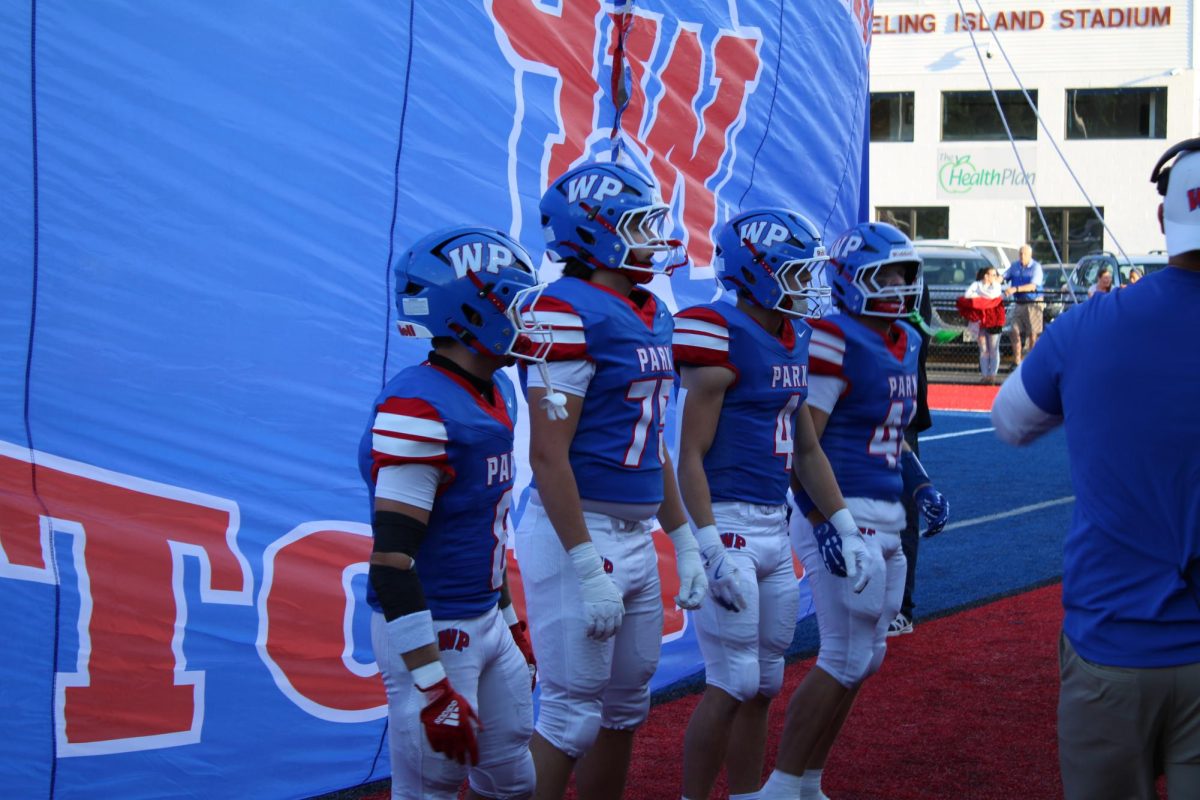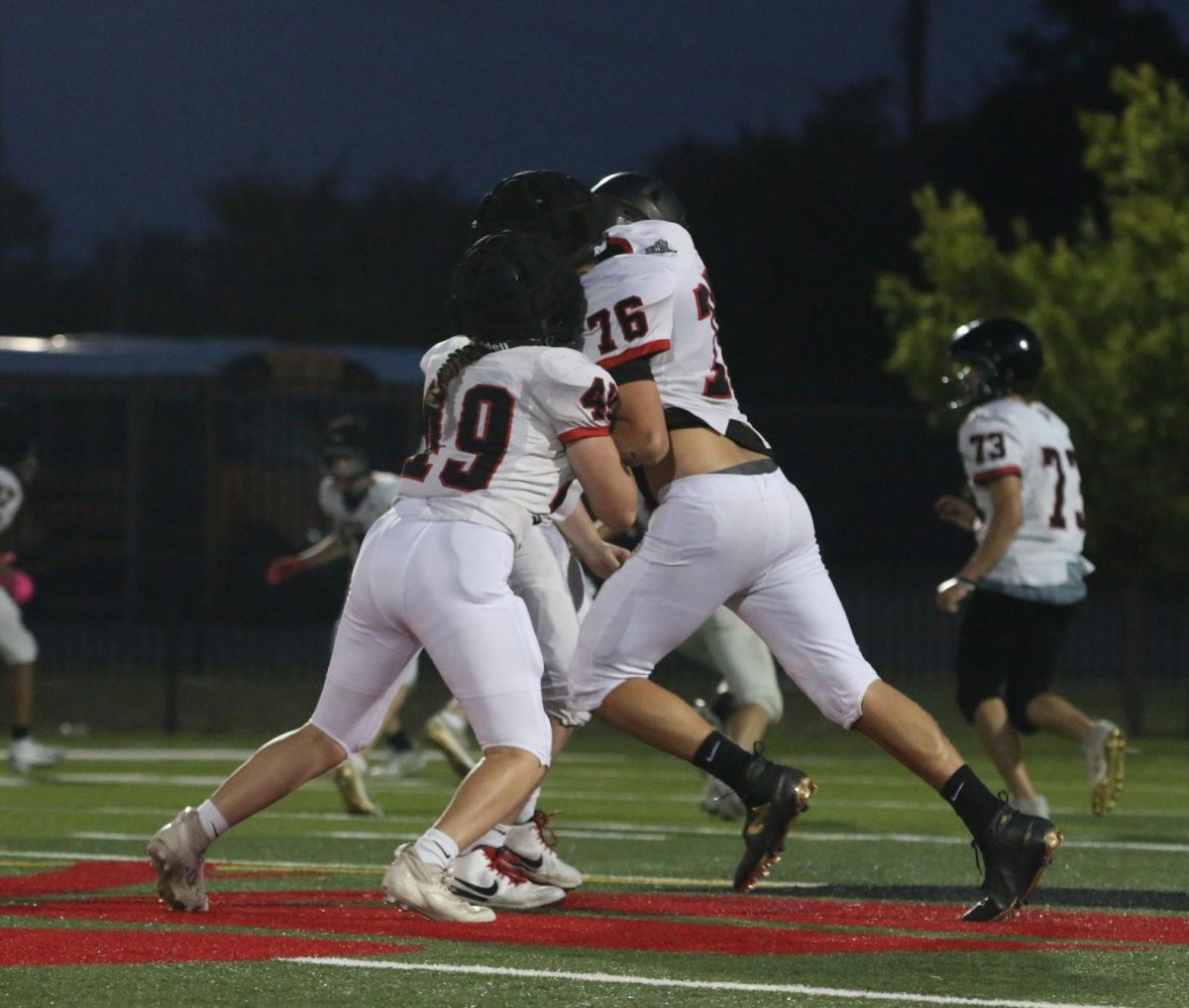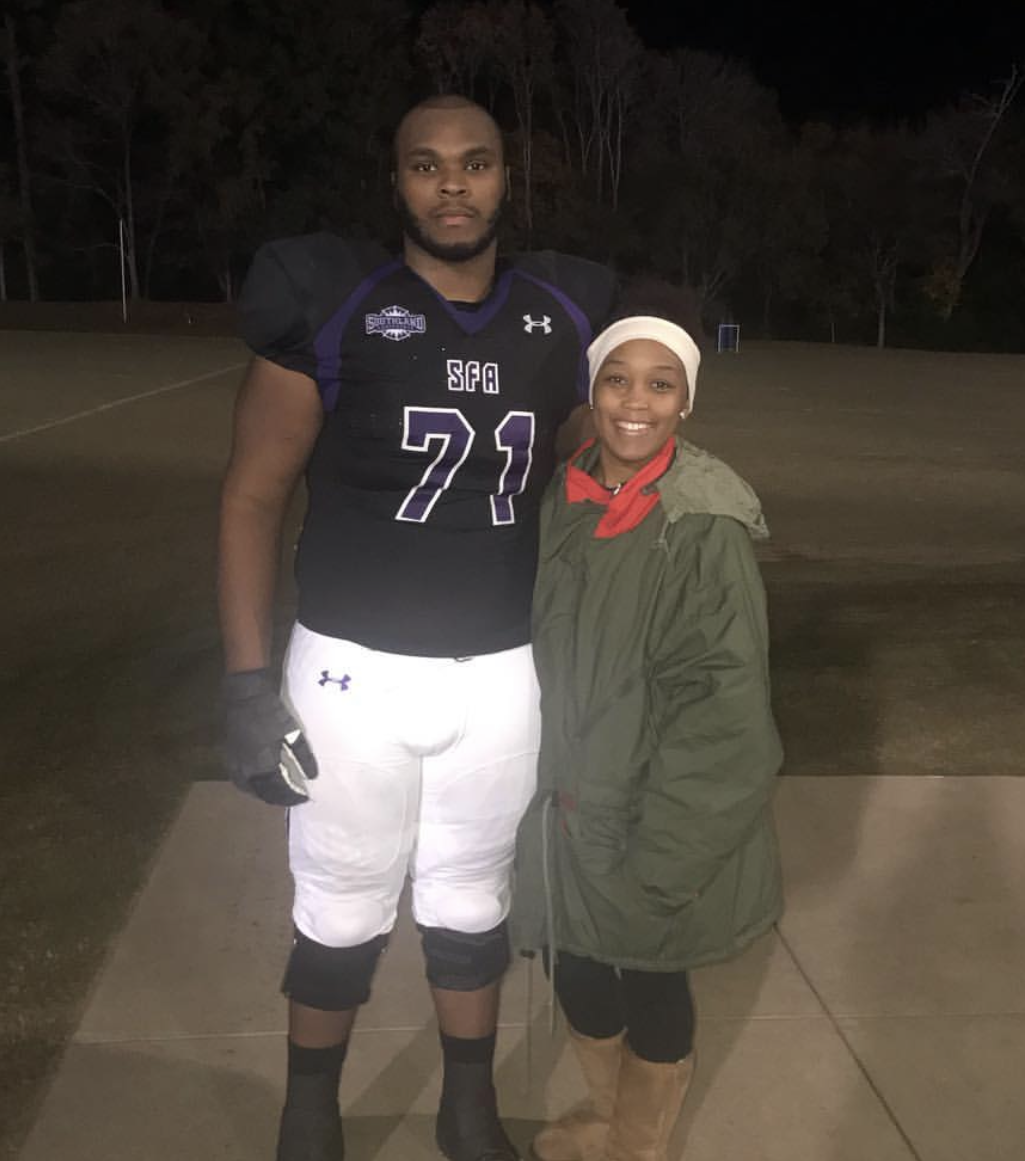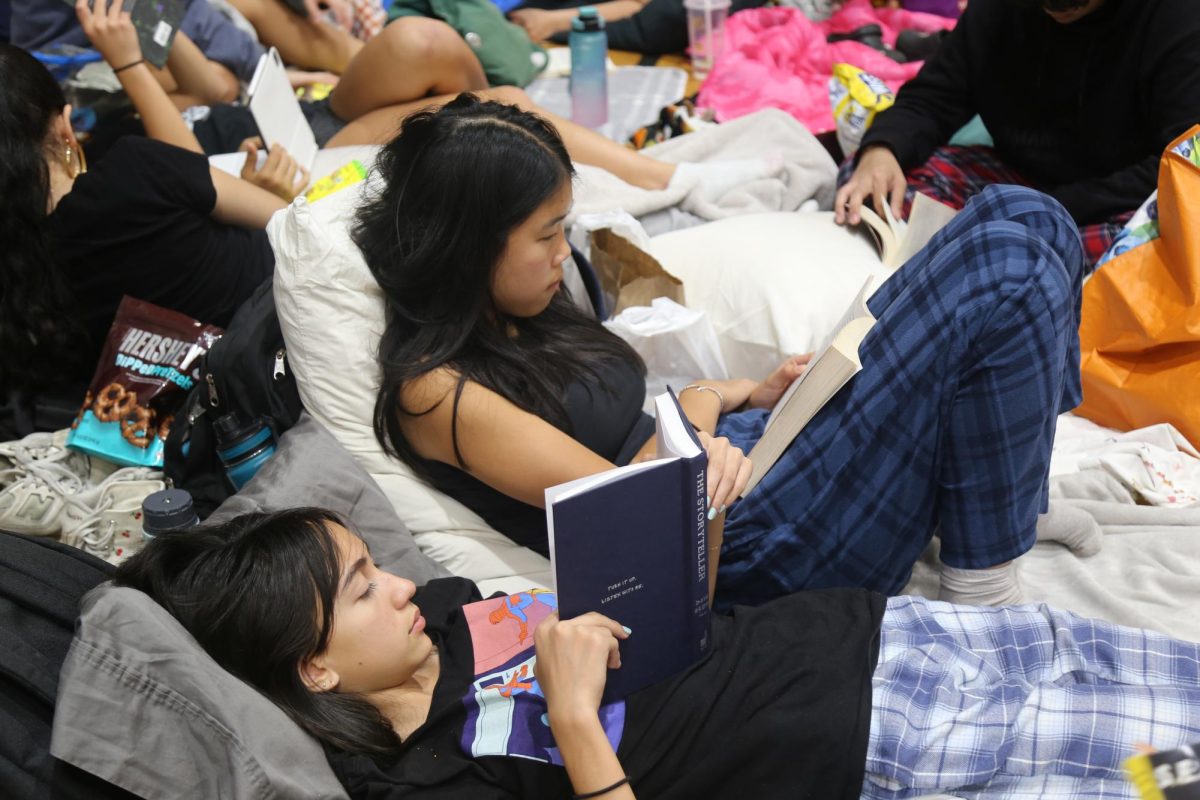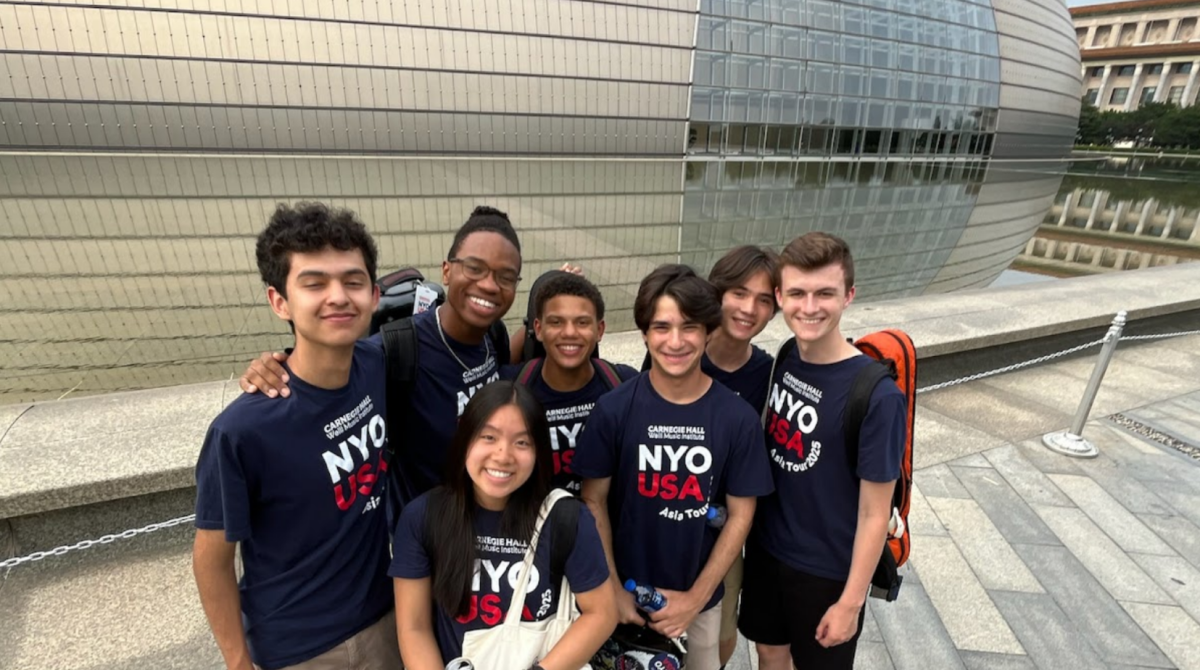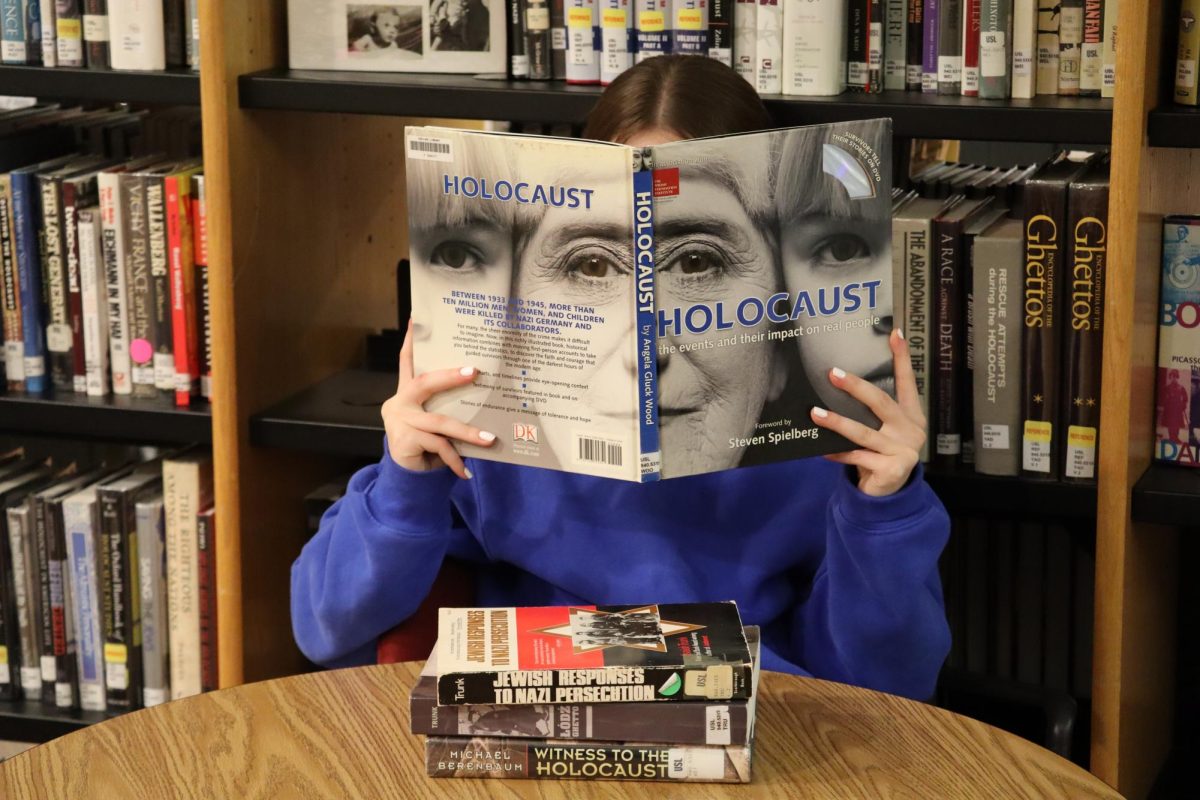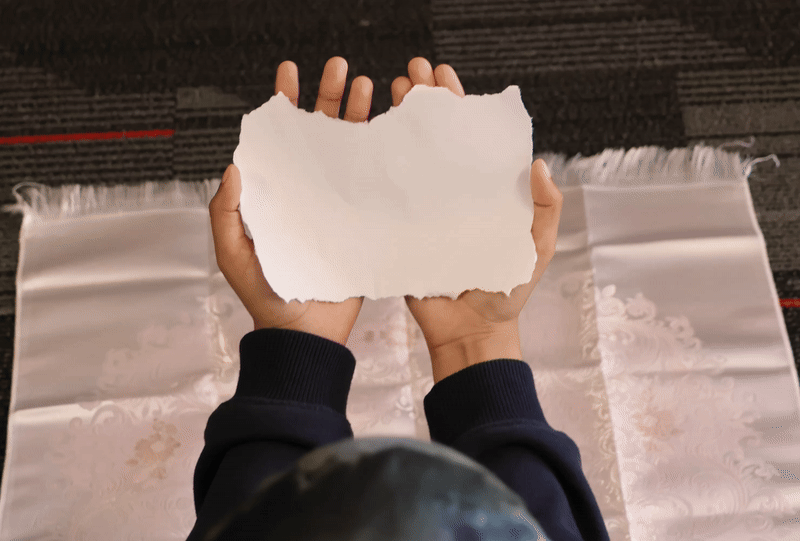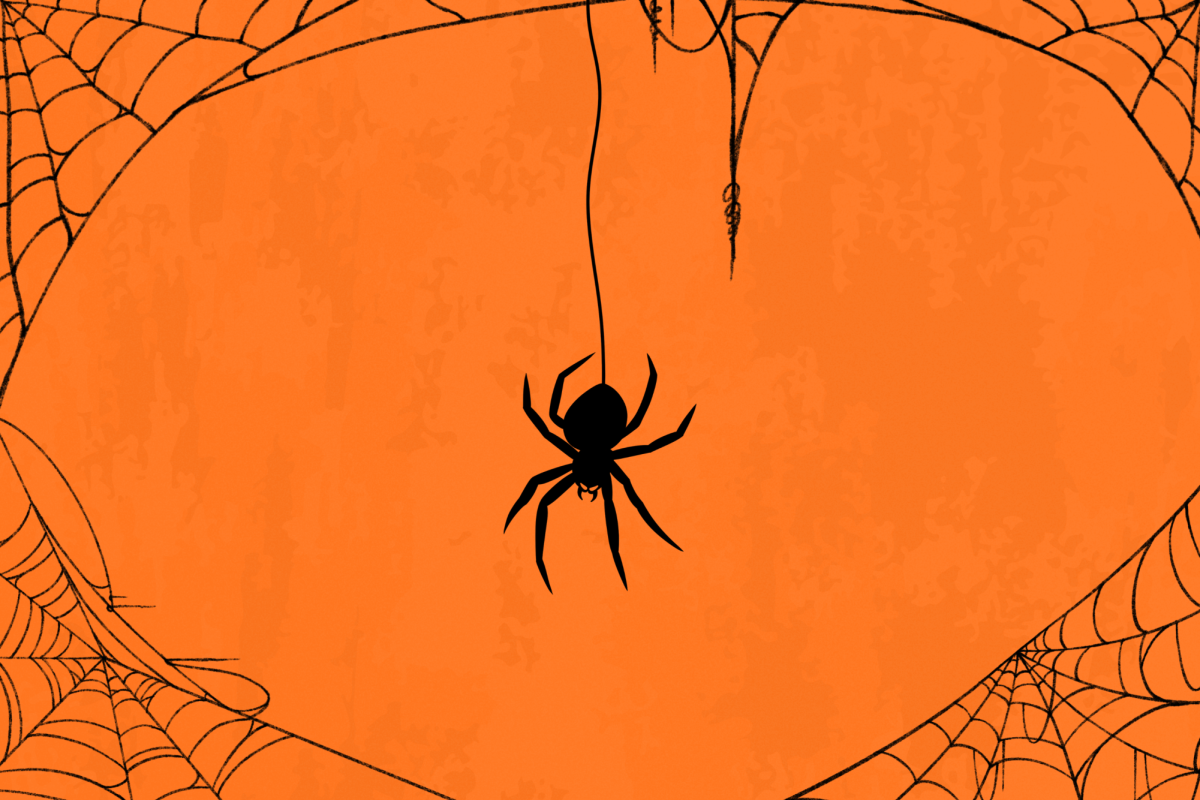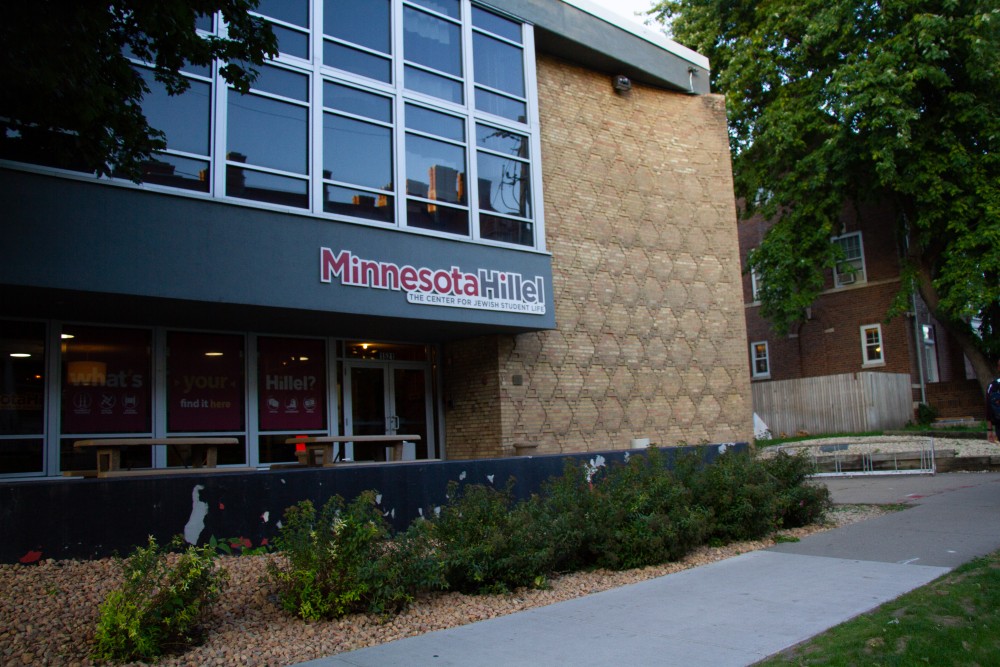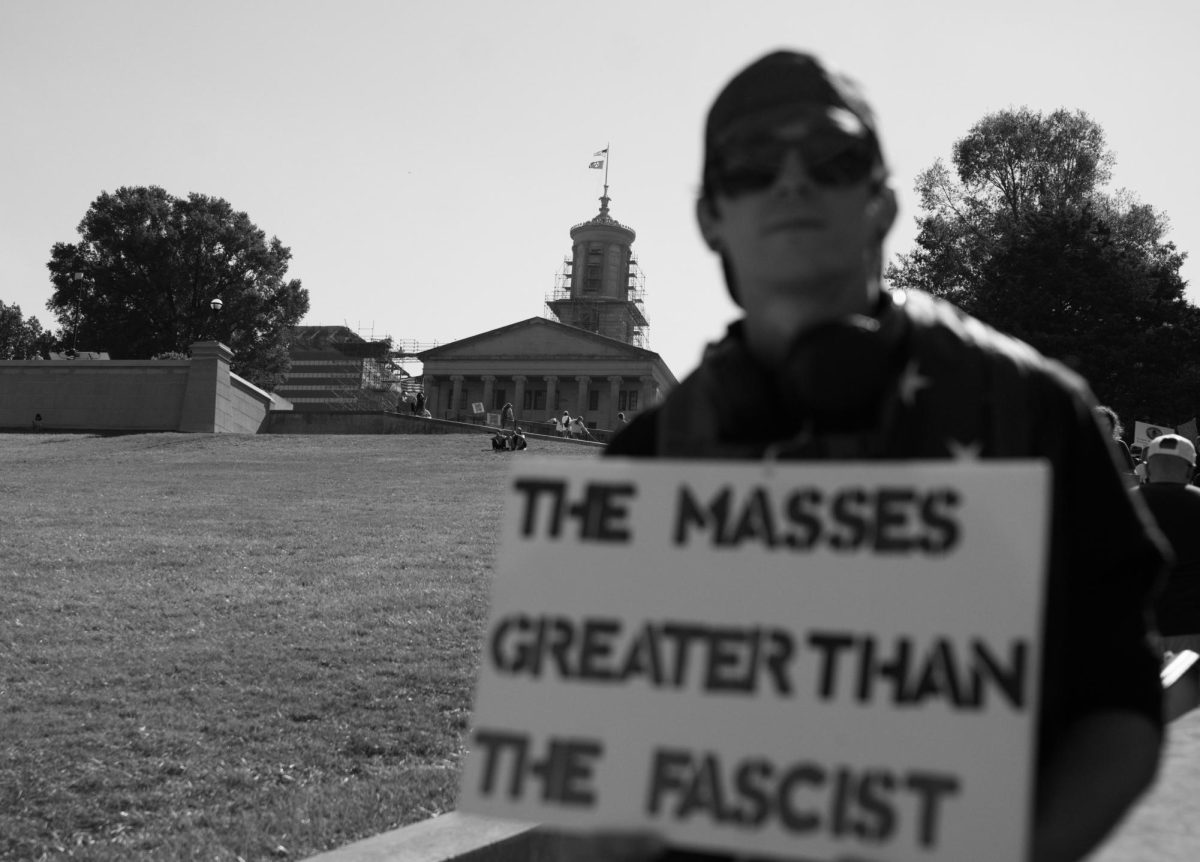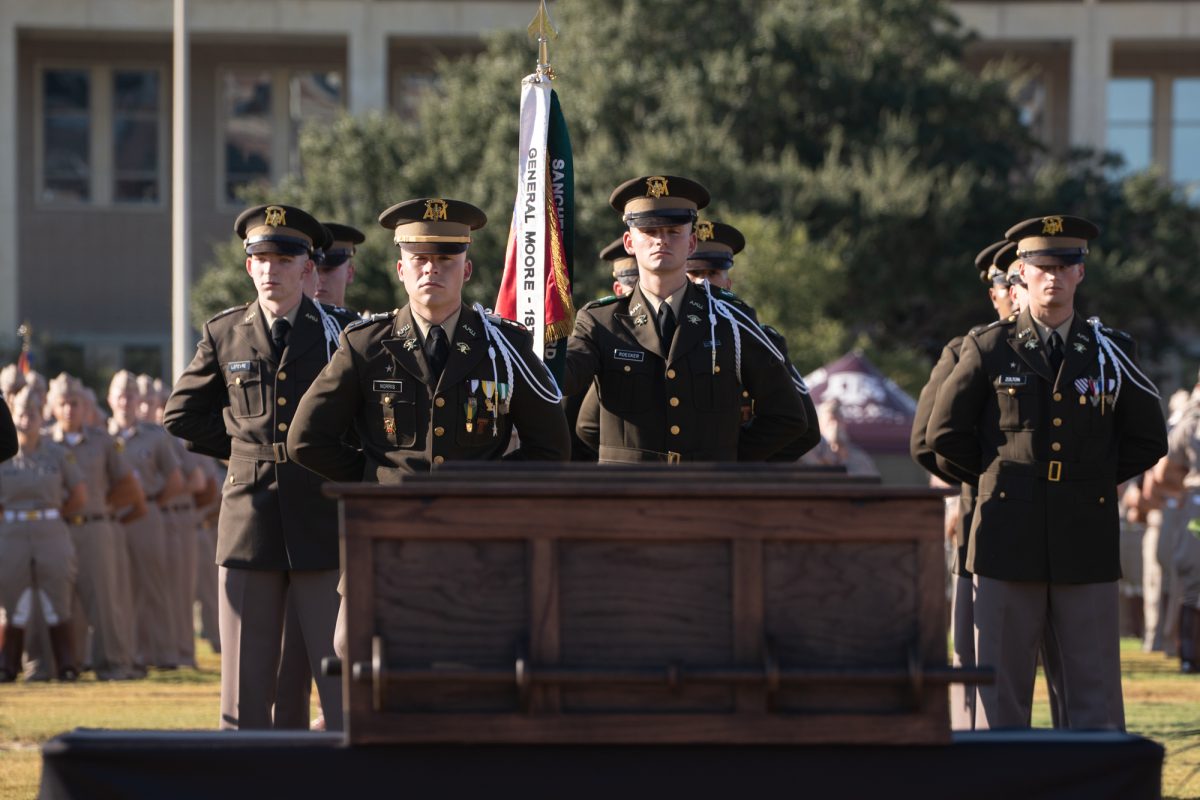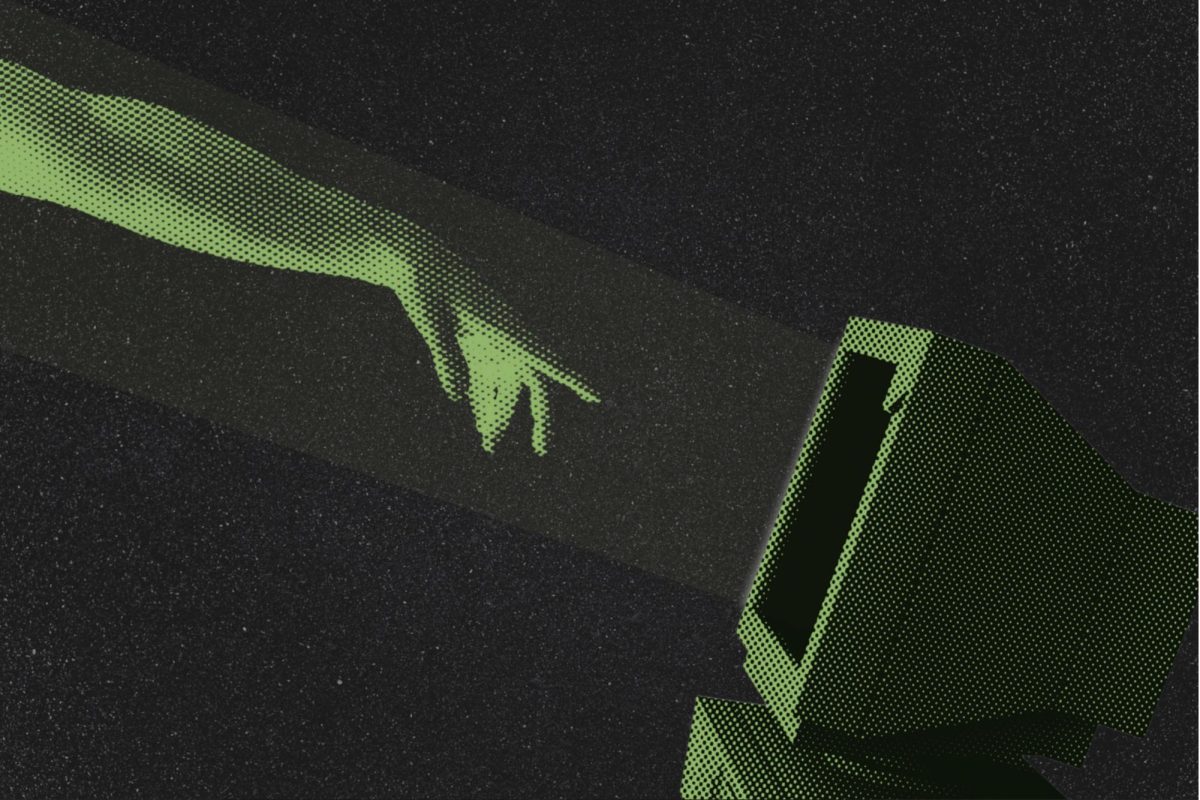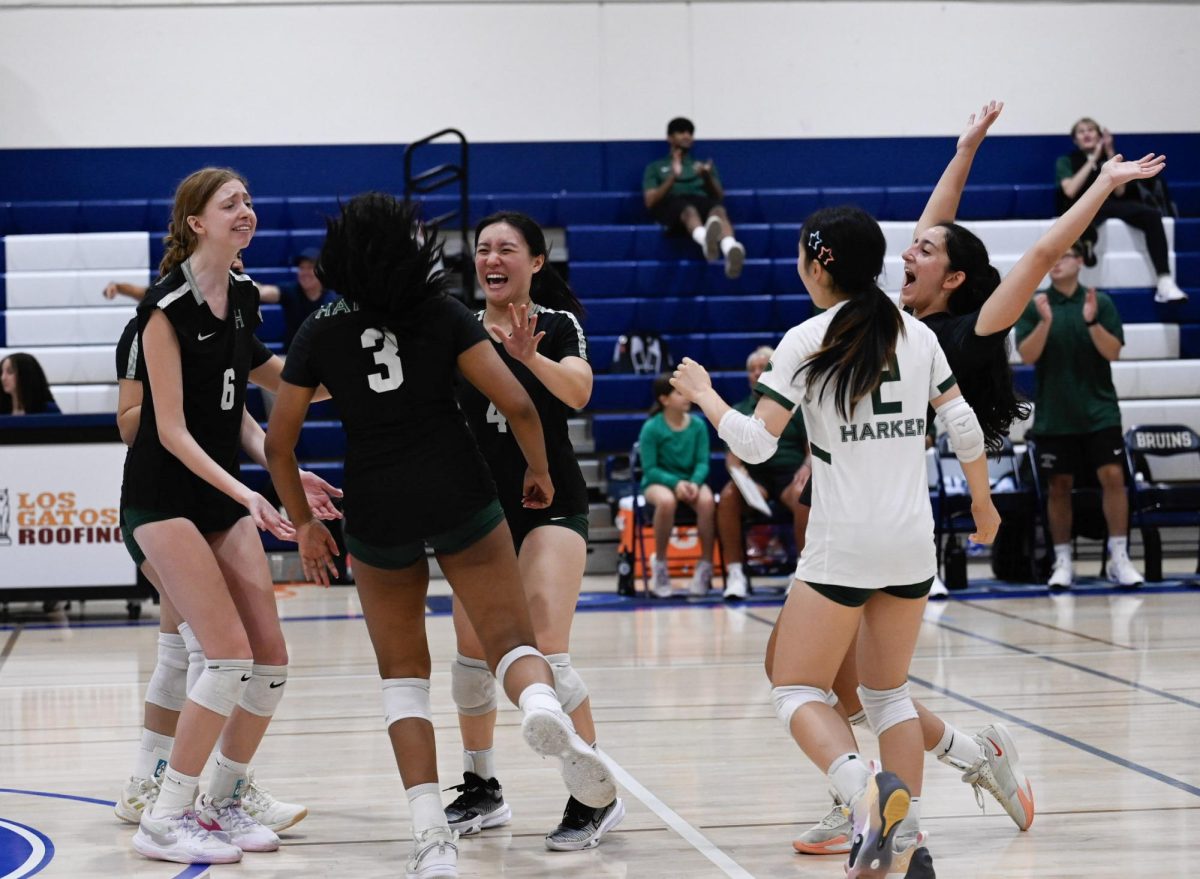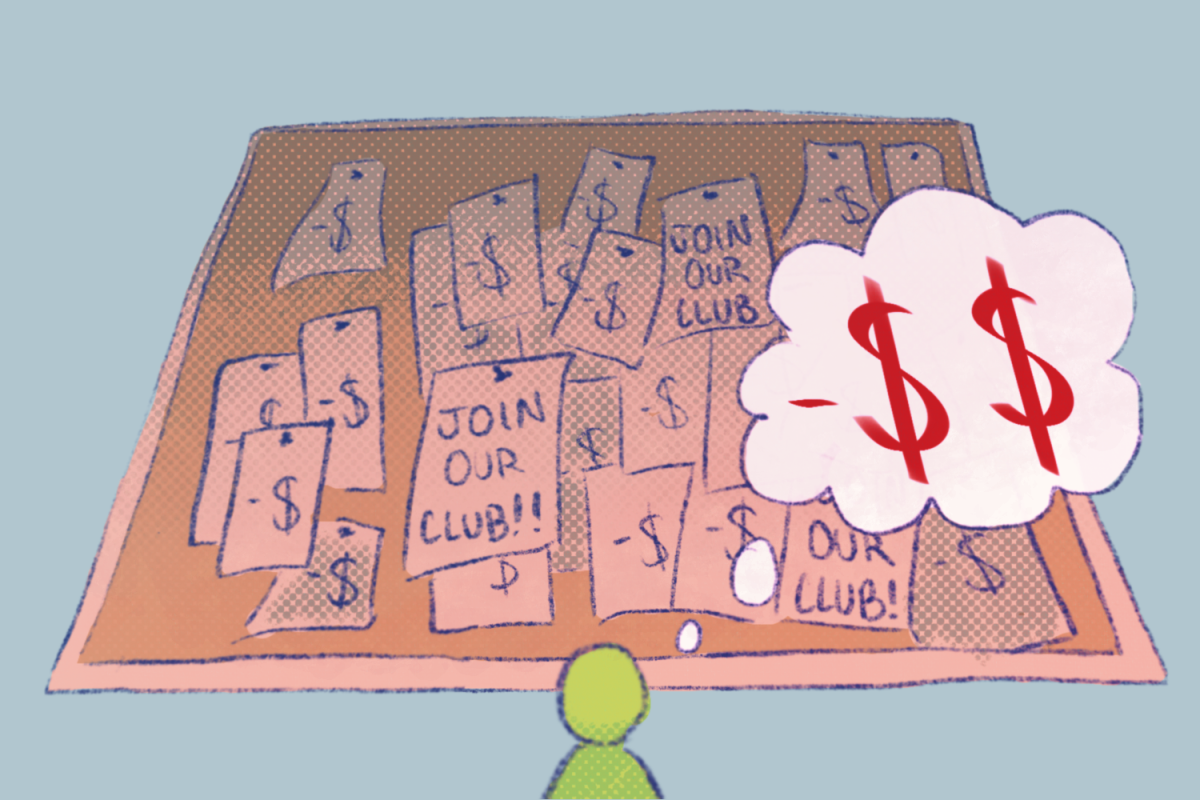The Israeli-Palestinian conflict has affected University of Minnesota students’ mental well-being as some students have said they feel scared because thousands of people have been killed or wounded in the violence.
Nevertheless, many students said they remain committed to raising awareness about the conflict in Israel.
Shir Alon, assistant professor of Asian and Middle Eastern Studies at the University, said there is currently widespread mourning, anger and deep-seated distrust of the Israeli government. Gaza has experienced relentless bombings and Israel stopped supplying food, fuel, electricity and water to the area. Israel ordered over a million northern residents to relocate to the south, causing mass displacement, according to Alon.
The conflict escalated with Israel declaring war on Hamas following an unprecedented attack by the Palestinian militant group. Israel announced on Monday a “total blockade” of the Gaza Strip, which stopped the supply of essential commodities like food and fuel to the millions of civilians in Gaza, as reported by Al Jazeera.
Interim President Jeff Ettinger said in a University-wide email there is “no justification for acts of terrorism” regardless of what position an individual has on the conflict.
“We join many others in condemning the abhorrent acts committed by Hamas,” Ettinger said. “We lament for the countless innocent civilians who have lost their lives, been injured or are being held captive.”
Ettinger said in his email the University community is there “to support” Israeli and Palestinian communities.
Adam Ahmed, a third-year Palestinian-American student and member of Students for Justice in Palestine (SJP), said Ettinger’s email on the conflict angered both Palestinians and non-Palestinians and exposed bias by calling Hamas’ attack an act of terrorism.
“The email sent out by the University interim president was extremely disrespectful to Palestinians and the situation in Gaza,” Ahmed said. “He didn’t even mention the Palestinians, which is highly offensive to us. He expressed his personal opinion and made it very clear that he doesn’t support us.”
Palestinians on campus are protesting and mobilizing to demonstrate their disagreement with Ettinger’s email, according to Ahmed.
Ahmed added it has been difficult for him to see images of children and families in Gaza and has been reaching out to people in Gaza and checking on their well-being.
Ahmed said he uses his Instagram platform to inform people about the situation in Gaza because he believes most media coverage has leaned toward supporting Israel.
“The least I can do is just show the world what’s happening,” Ahmed said. “It’s good that it’s not just Palestinians on campus who are fighting but other people on campus as well.”
According to Ahmed, education is crucial in understanding the situation, adding it is important to distinguish between Zionists and Jewish people: anti-Zionism is not equivalent to anti-Semitism.
“We have an issue with the Zionists who support the state of Israel and believe it was founded on moral grounds,” he said. “We support Jews and we ally with Jews.”
Mackenzie Peters, assistant director of Minnesota Hillel, said in an email to the Minnesota Daily Hillel is the Jewish Student Center on campus with resources for Jewish students to offer support and guidance.
“From the Jewish community’s perspective, what is going on in Israel is tragic as the Jewish people have just suffered the deadliest day in history since the Holocaust,” Peters said.
Peters added Hillel is committed to supporting Israel as a Jewish and democratic state.
“We provide opportunities for students to explore and build a personal relationship with Israel while helping them understand how current events of today impact Israel’s relationship with the people, surrounding nations and the world,” Peters said.
Drew Brinker, a fourth-year student and Jewish leader at Hillel, said he has been disturbed by the lack of humanity expressed surrounding the conflict. The language surrounding the conflict has been incredibly inflammatory because it involves Jewish people, he said.
“I don’t see it as a black-and-white issue, it’s just one color. It’s so obvious, everything that is happening is so tragic,” Brinker said. “All of the lives lost, the families broken and that goes for both Israelis and Palestinians.”
Brinker said he has no doubt Israel has made questionable decisions and is not a perfect government, but people are missing context and ignoring history. After the Holocaust, Jewish people had nowhere to go, so they decided to return to their religious homeland, according to Brinker.
“I think a lot of this rhetoric, almost like ‘They were asking for it,’ is disheartening because I don’t believe Israel is a colonial state,” Brinker said. “It’s the only home Jews have had in thousands of years where they can govern themselves and defend themselves.”
Brinker added people in his community are feeling scared, and he often encountered anti-Semitism on campus by people yelling slurs at him.
“During freshman and sophomore year, I stopped wearing a kippah because I felt like it was a target on my head,” Brinker said. “On my friend’s door freshman year, she had the Star of David and someone drew a swastika on it.”
Brinker said he has seen videos of Hamas leaders calling for people to storm Israel and chanting “Death to Israel” and “Death to Jews.”
“It’s not like ‘Free Palestine’ or ‘Go Palestine,’ it’s ‘Gas the Jews,’” Brinker said. “It becomes so much more than just what is happening.”
People should check on their Palestinian and Jewish friends, Brinker said, adding it is important for everyone to seek allyship.
“I am just trying to get through this week,” Brinker said. “I’m doing my best to move forward because I feel like I owe that to my community.”
Sana Wazwaz, a fourth-year at Augsburg University and organizer with Americans Muslims for Palestine Minnesota, worked with SJP to have a bake sale in support of Palestine on campus. She said it is important for people to understand this issue did not arise just in this past month.
“All Palestinian actions are merely a response to seven decades of occupation, and the response can never be equated to the violence that prompted it,” Wazwaz said. “This is an issue of occupier versus occupied, there are no equal sides.”
Wazwaz added this conflict has negatively impacted Palestinians, especially student organizers and said she has been losing sleep and not able to focus on classes because she feels like it is her responsibility to create graphics, organize protests, write statements and speak on behalf of Palestinians.
“Palestinian students have a unique burden and feeling that they are ambassadors because that is imposed upon them because mainstream U.S. media is depicting the situation in such a skewed and distorted way,” Wazwaz said. “Palestinians have a pressure to almost have to represent the entire cause for their student communities.”
A third-year Arab student at the University, who said she wanted to remain anonymous out of fear of being attacked or her information being released to the Israeli government, said the lack of news coverage of what the Israeli government is doing to Palestinians discourages her.
“All news media coverage, they’re creating their own narrative,” she said. “It’s been super frustrating because no one is advocating for us.”
She added she has been faced with ignorance on campus, especially after wearing a sweatshirt with Arabic written on it and getting dirty looks from her classmates.
“Just seeing how we’re viewed in this community is hard,” she said. “We’re being called terrorists left and right.”
Ethan Silverman, a fourth-year student at the University, said he grew up Jewish and Judaism has been a significant part of his life. He said he knows people who died in Israel and feels heartbroken by all the deaths from all sides.
“I’m bringing this up from a humanitarian perspective rather than a political standpoint,” Silverman said. “You never want to see people die, no matter who they are, whether they’re our people, your enemies, your family, or your friends.”
Silverman added he has observed a rise in anti-Semitism and has stopped wearing the Star of David around his neck. He saw “Support Jewish Lives” written on a bathroom stall door in Coffman Union with an X and a swastika drawn through it, which he said demonstrated the difficulty people have in separating support for Jewish lives from support for the Israeli government.
“People will swipe up on my Instagram story and say that I’m supporting a colonizing state, when in reality, I’m just supporting the Jewish lives that have been taken,” Silverman said.
He added it is important to be educated before taking a stance on this issue.
“You can be Jewish without supporting the Israeli government,” he said. “And I think people have a hard time understanding that.”
At this time, Silverman said he appreciates a pillar of the Jewish faith that emphasizes good deeds and embodies a call to community. He reached out to people and his rabbi to see how he could support people in his Jewish community and also did his best to support Palestinians by donating money to the SJP bake sale.
Silverman said he desires a solution at the University that supports both Jewish and Palestinian students.
“We can separate ourselves from the politics and simply care about each other,” Silverman said. “I think it’s important for the University of Minnesota to support both sides.”
This story was originally published on Minnesota Daily on October 17, 2023.


